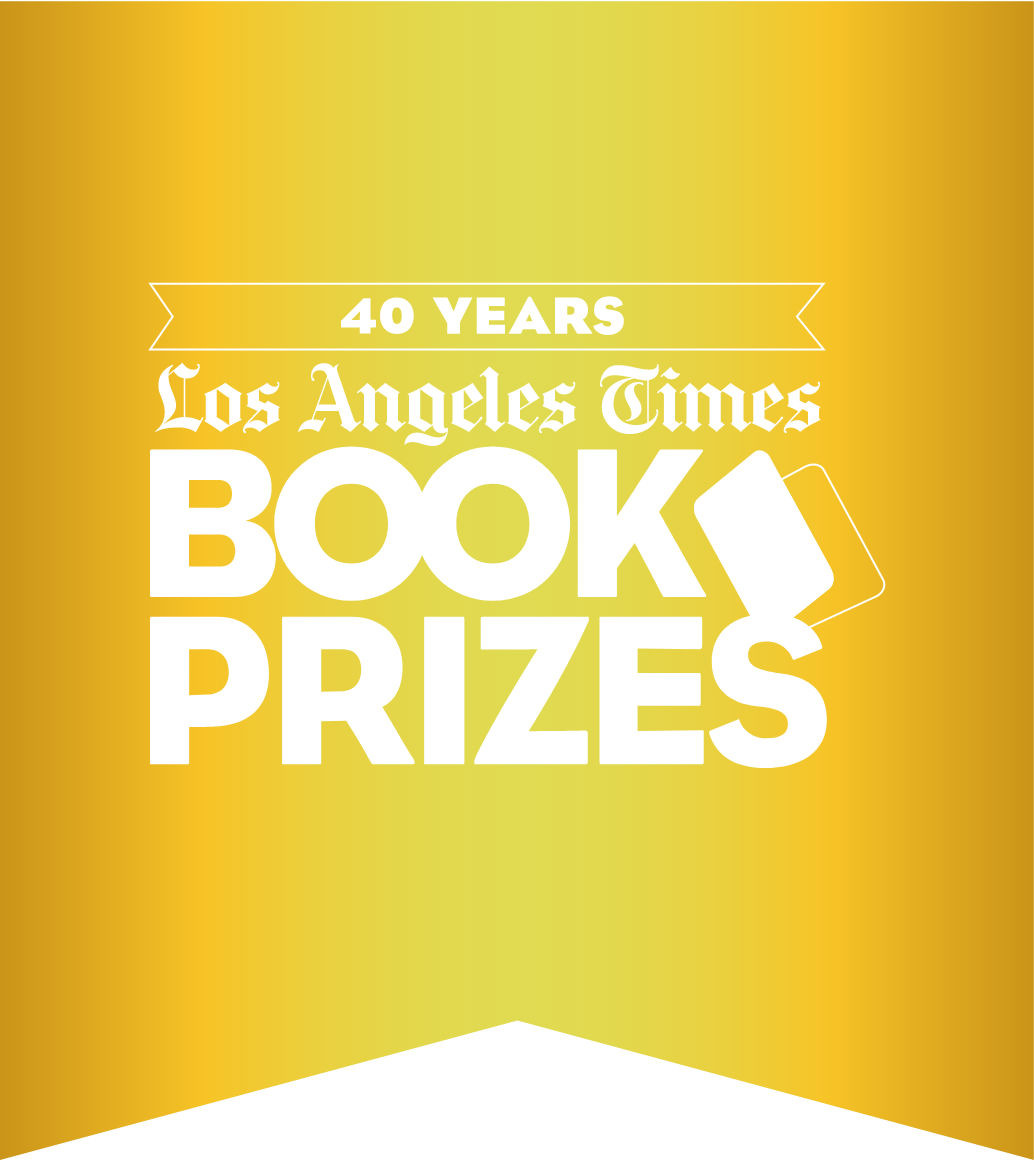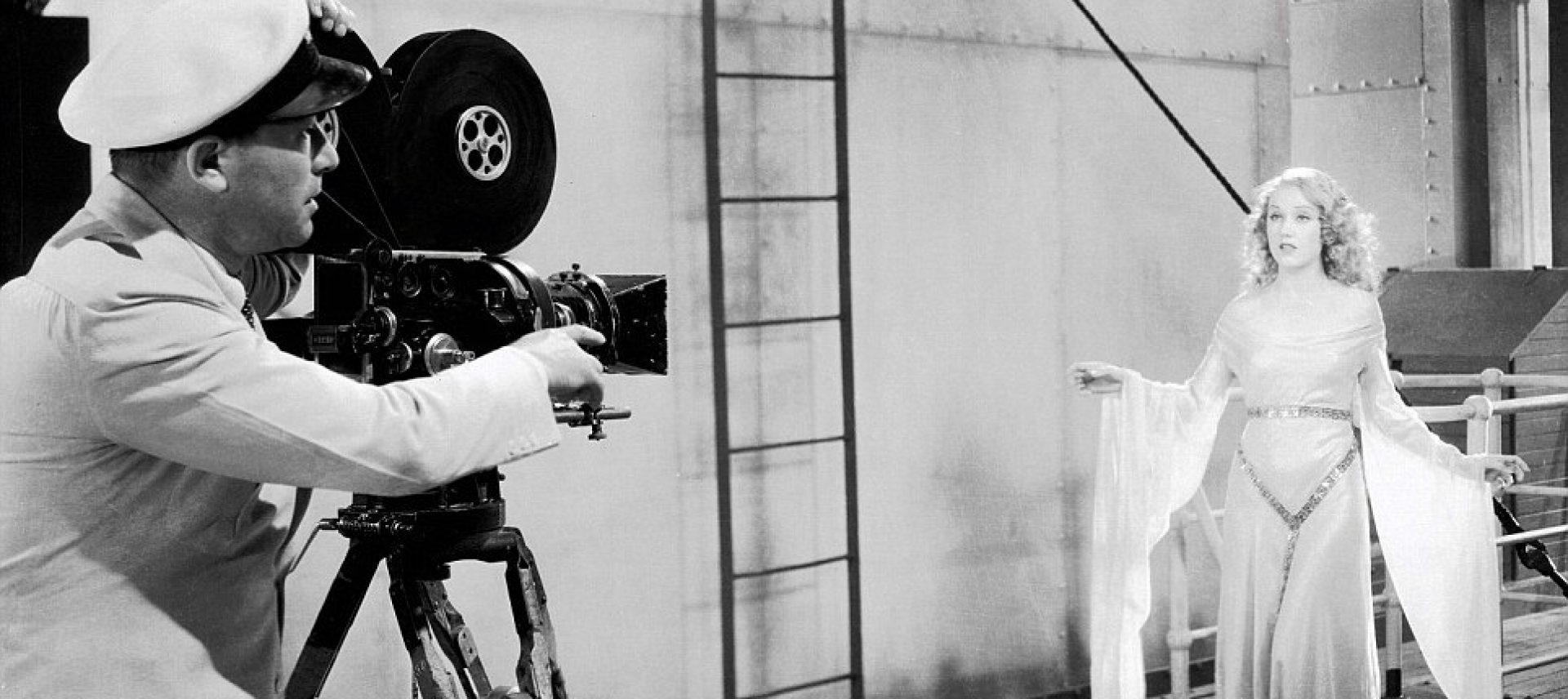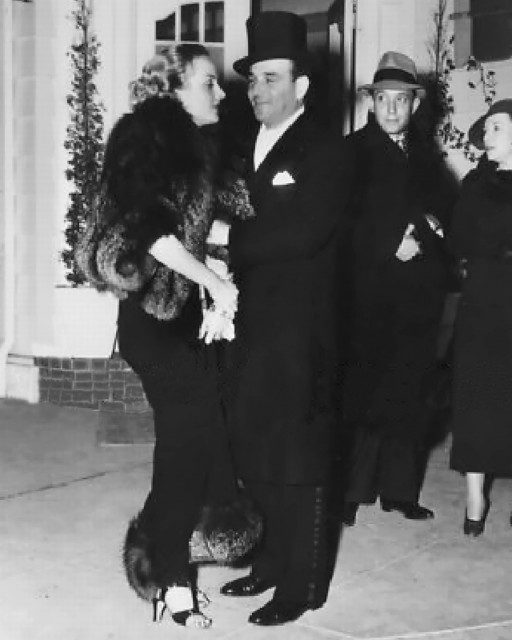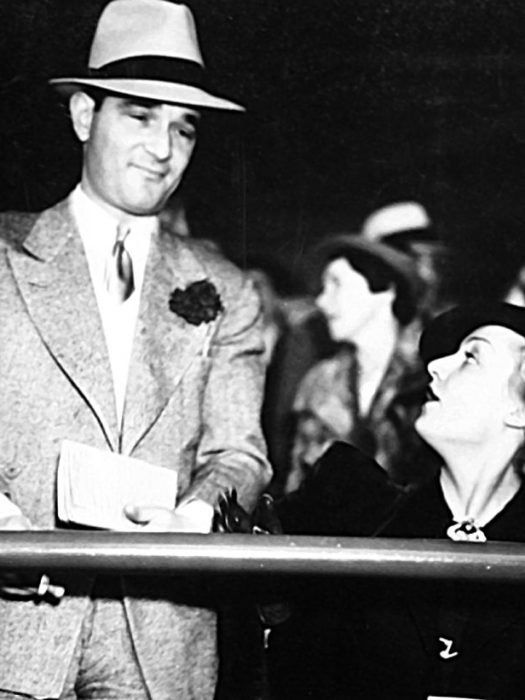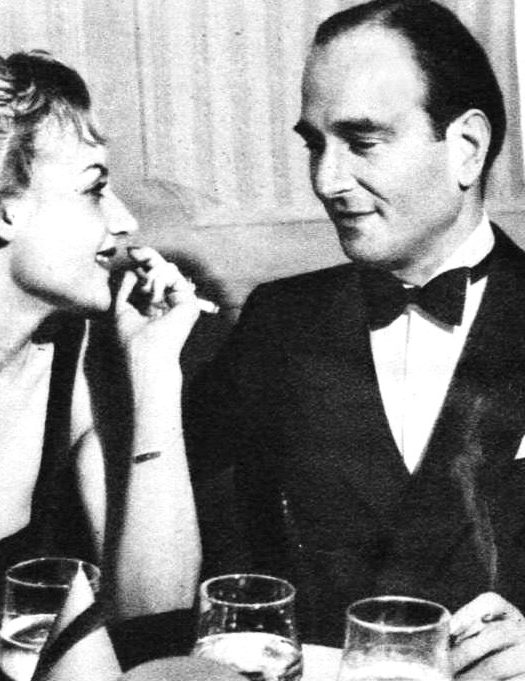Barbara Stanwyck said Carole Lombard was “…so alive, modern, frank, and natural that she stands out like a beacon on a lightship in this odd place called Hollywood.”
My father agreed.
I first learned of my father’s romance with Carole as I was doing research for my book. She had just lost her great love and fiancé, popular singer Russ Columbo, in a shooting accident, and was overwhelmed with grief. I believe they started as friends, with my father’s humor and warmth providing an emotional sanctuary for Carole – a safety net – and his intelligence and wide-ranging interests stimulated an innately bright and curious woman. She gave him in turn spirit, life and romance, and soon they were spending all their time together.
They had met three years earlier on a film he had written and she starred in, Virtue (1931), the story of a prostitute who wants to reform. When Harry Cohn, the famous libertine who ran Columbia, interviewed her for the part, it was clearly Cohn’s intention to use his casting couch that day. He never had a chance. Often called “the profane angel” because she swore regularly, naturally and happily, Carole firmly put Cohn in his place – under the couch, maybe, but certainly not on it. Great fun, as the whole town agreed when she told her many friends the memorable details (I hope readers enjoy this part of the story as much as I do). Cohn, infrequently a loser and almost never a gracious loser, this time acknowledged his defeat. Awed by her spunk, he gave her the part and everything she asked for. Mostly she wanted assurance that the writer would be on the set every day to polish her dialogue. He agreed. Enter Robert Riskin. No romance yet, but they were seen out on the town together as friends.
It wasn’t until 1934-5, after Columbo’s death, that Carole and my father were dating, seriously. From the end of 1934 through 1935 they went everywhere together – the toniest nightclubs and restaurants, the racetrack, the best parties – happy in each other’s company and happy, too, to stay home quietly just with each other. He shared his love of books with her and she soaked them up – Faulkner, Thoreau, Shakespeare. It seemed to the whole town, including the columnists, that this was going to lead to marriage.
Why it ended is still not clear, but one element was that she wanted to get married and, for whatever reason, he didn’t. As with the other women in my father’s life, they remained friendly, and he was genuinely happy when she found the true love of her life, Clark Gable. And he mourned with the entire country when she died shortly afterwards in a plane crash while on a bond tour to raise money for the country, then in the early days of World War Two.
